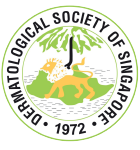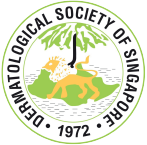Late-Breaking Abstract submission is closed
Acceptance Notification
Authors will be notified from April 2023 as to the acceptance status of their submissions. This includes the assignment of session category and presentation format (oral or poster). Detailed instructions regarding requirements and instructions for oral and poster presentations will also be provided at that time.
If your abstract is accepted, you must register no later than 15th May 2023. Unless you register by that date, your abstract will not be included in any WCD print or online publications or the programme book.














